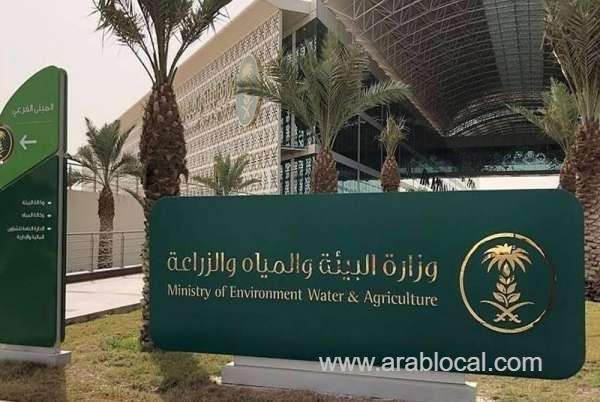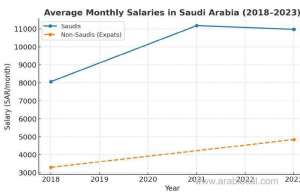In a move to enhance the efficiency of public benefit markets, the Ministry of Environment, Water, and Agriculture has introduced comprehensive guidelines for market operations and service providers. Here's a closer look at the key aspects you need to know:
1. Comparative Advantage Requirement: New markets must have a comparative advantage over existing ones, and their establishment must be proportional to the population's needs in the area.
2. E-Payment Mandate: The Agricultural Law mandates the use of electronic payment within public benefit markets, aligning with Saudization rules and government regulations.
3. Licensing: Obtaining a license from the Ministry of Municipal, Rural Affairs, and Housing is a prerequisite for market operations.
4. Livestock Market Criteria: When establishing new livestock markets, adherence to specific standards is crucial, including submission to the ministry for approval.
5. Seasonal Markets and Auctions: Organizers must register all stakeholders, and working days and hours are determined by the competent authority.
6. Price Recording: Prices of agricultural products are recorded through approved channels assigned by the Ministry of Environment, Water, and Agriculture.
7. Biosecurity and Public Health: Market operators are responsible for cleanliness, maintenance, and security, ensuring compliance with biosecurity measures.
8. Waste Management: All stakeholders must dispose of waste in designated areas, with periodic cleaning and sterilization requirements.
9. Licensing and Permits: The ministry issues licenses for shops and permits for service providers and market workers, emphasizing quality and safety in transport.
10. Oversight and Enforcement: The ministry conducts daily oversight, reporting violations through approved channels, and confiscated materials unfit for consumption are destroyed.





